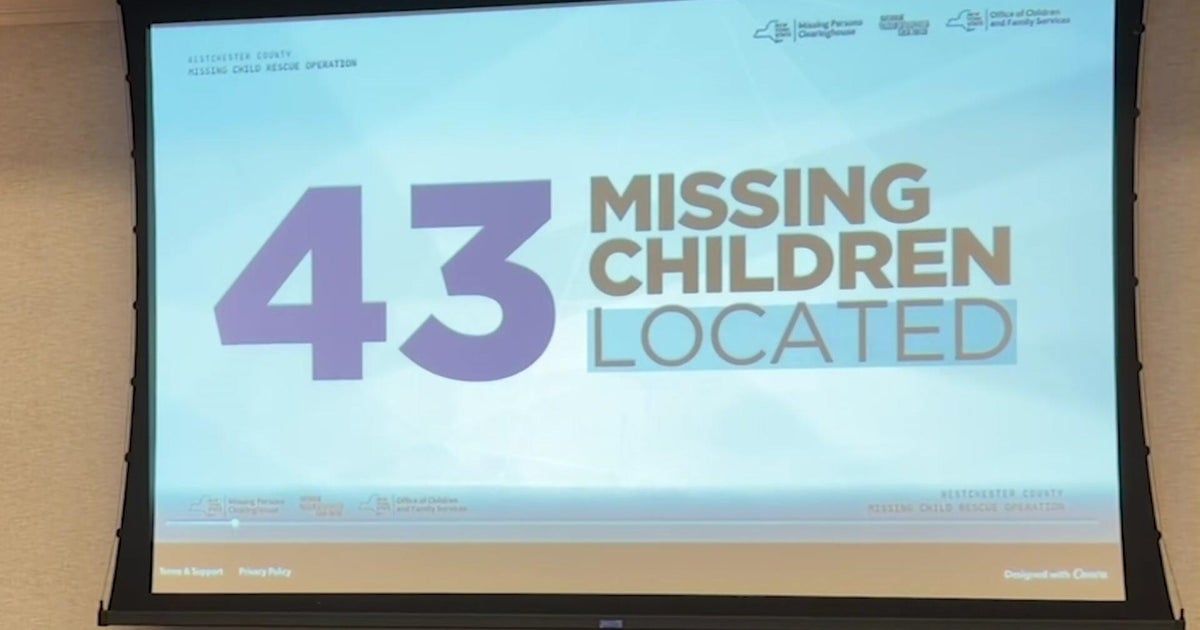Long-term care insurance pros and cons to know
Long-term care insurance provides unique financial protections for seniors and older adults by covering the costs of caretakers and therapists both at home and outside of it. Whether you or someone you know needs coverage for daily tasks like bathing, dressing and getting in and out of bed, long-term care insurance can help. Similarly, it can go a long way toward covering the costs of nursing homes and assisted living facilities.
Like any insurance type, however, applicants should understand the pros and cons before acting. By doing so, they can ensure that they've selected the right insurance in the right amount for their exact needs. That way they don't get stuck paying for coverage they don't need and can't use.
Learn more about your long-term care insurance options by getting a free price quote here.
Long-term care insurance pros and cons
Long-term care insurance can be beneficial for many seniors and older adults who may require additional financial protections. Here are three major benefits of having a policy:
- It protects your savings: Whether you have a robust amount of savings or very little, long-term care insurance can help protect it. Regular health insurance and Medicare often won't be able to cover the same things that long-term care insurance does. So, if you want to protect your savings from having to pay for these services on your own, long-term care insurance is worth pursuing.
- Tax-free benefits: The benefits you get with a long-term care insurance plan are usually tax-free, meaning that you won't have to pay anything at the end of the year for services rendered. And, premiums can be tax-deductible, if you've met certain requirements. In today's economy with stubborn inflation and higher borrowing costs, this is a particularly attractive advantage.
- You may be able to choose your caretaker: Depending on the provider and the specific policy, you may be able to choose your individual caretaker. For example, if you're already relying on a family member to help you each day, you may be able to keep that person as your caretaker and they can get paid for the service they provide via your plan.
Not sure if a long-term care plan can cover what you need? Answer a few easy questions to find the best long-term care insurance plan for you here now.
Like any insurance type, however, there are some drawbacks to consider. Here are three to know about:
- Premiums can increase: Long-term care insurance may be affordable, and even inexpensive now. But premiums for this type of insurance can increase over time. So be sure you understand that going into the process. That said, rate increases may be rare, depending on your provider. Just make sure to ask about this when reviewing your options.
- It may not cover everything you need: Health insurance and long-term care insurance can go a long way toward protecting you, but even when combined, it may not be enough to cover you for everything you need now or will need in the future. Have a candid conversation with the provider in question to make sure the coverage can match your needs (and your budget) before getting started.
- You may not qualify: Long-term care insurance plan qualifications vary by provider and policy. So even if you want a plan and can afford to pay for one, you may not qualify, particularly if you're in poor health or older than most other applicants. And, even if you do qualify, applicants considered to be riskier will be charged more than others.
Explore your long-term care insurance options here to learn more.
The bottom line
Long-term care insurance can be beneficial for many seniors and older adults. How beneficial a plan can be, however, depends on your interpretation of the above pros and cons. Long-term care insurance plans can help protect your savings and they're often tax-free. And if you want to continue using a relative or friend as a caretaker, you may be able to do so with this type of insurance. At the same time, premiums for long-term care insurance can increase over time, and even then, they may not cover everything you need. Qualifying for a plan could also be tricky, so do your research ahead of time. Learn more here now.




